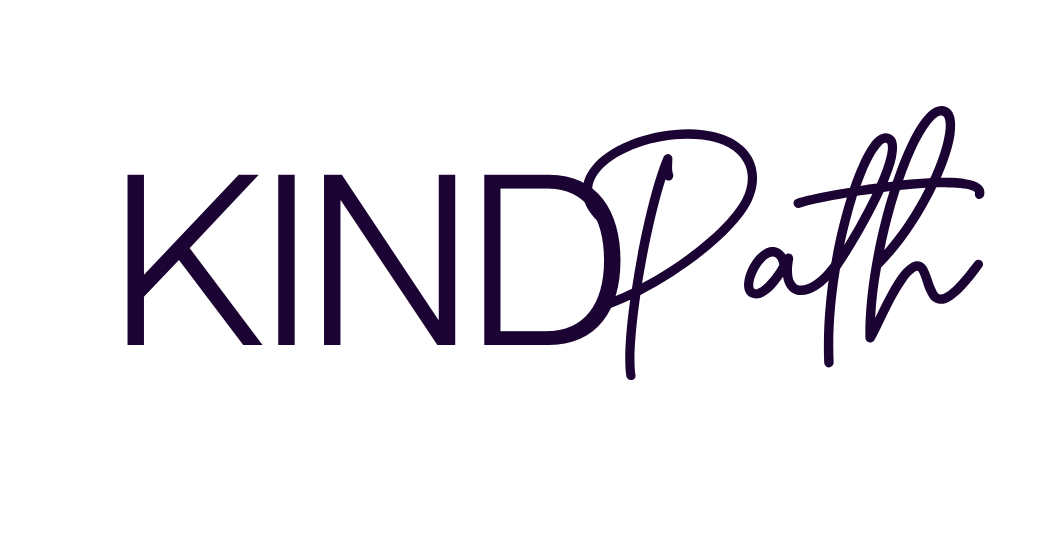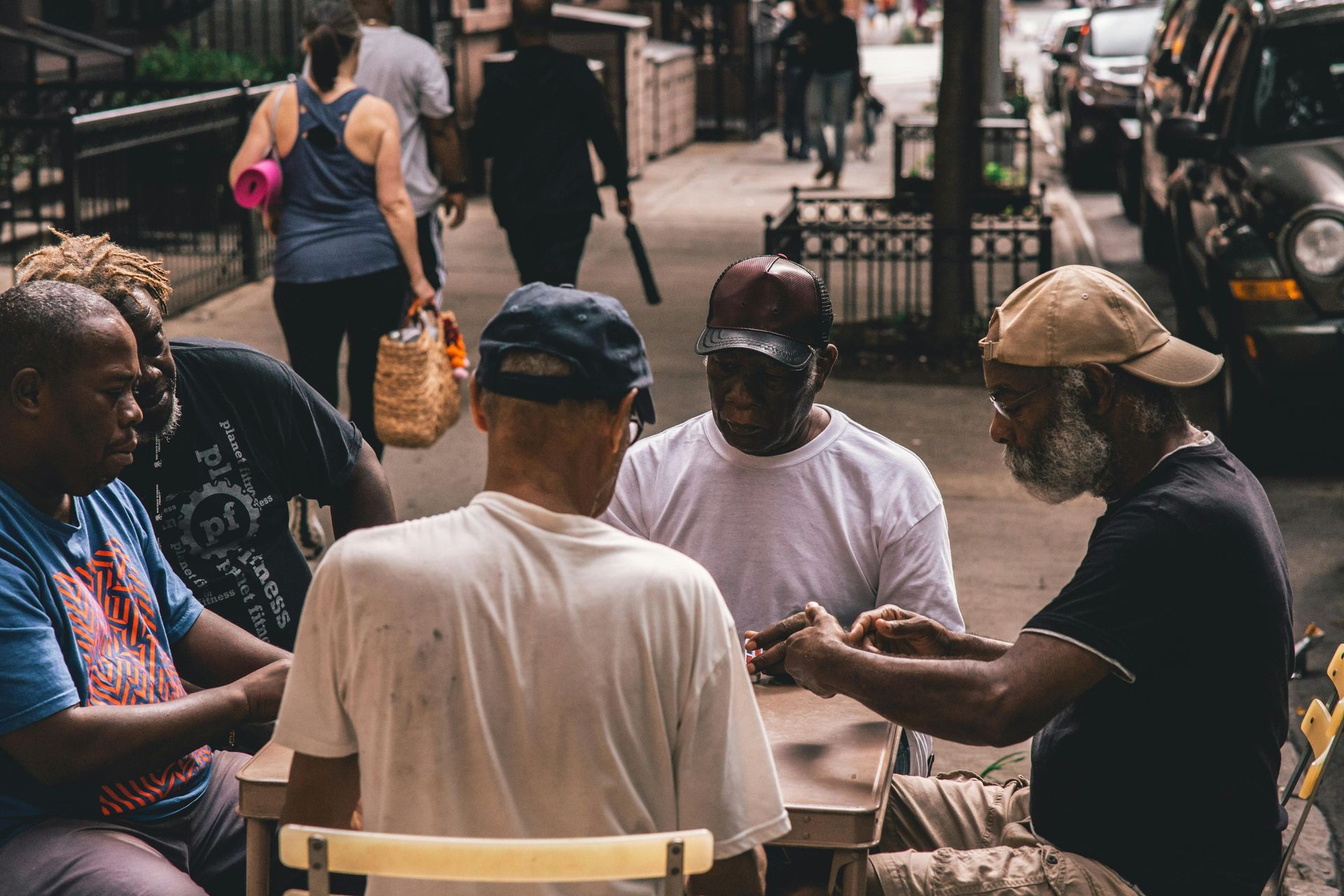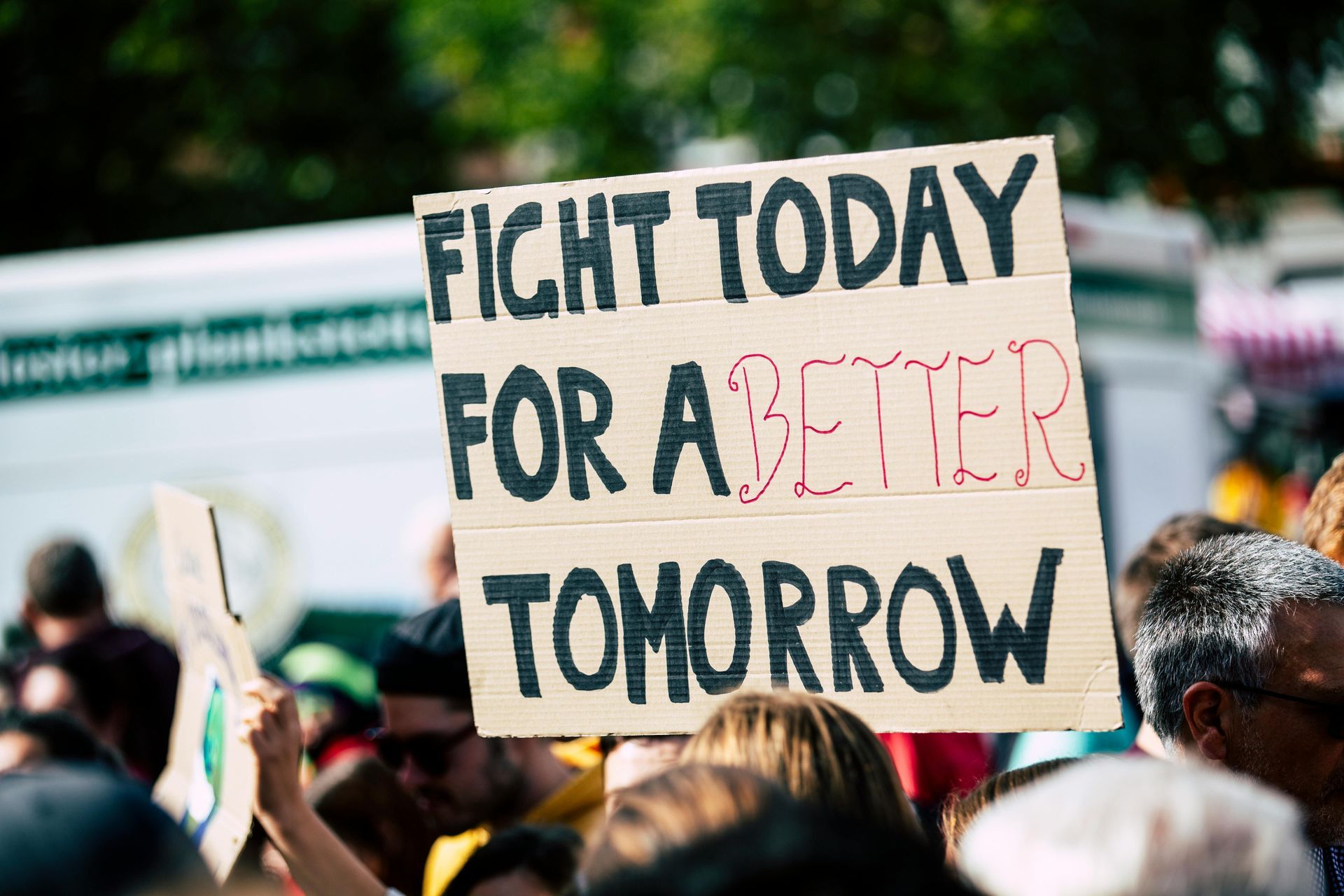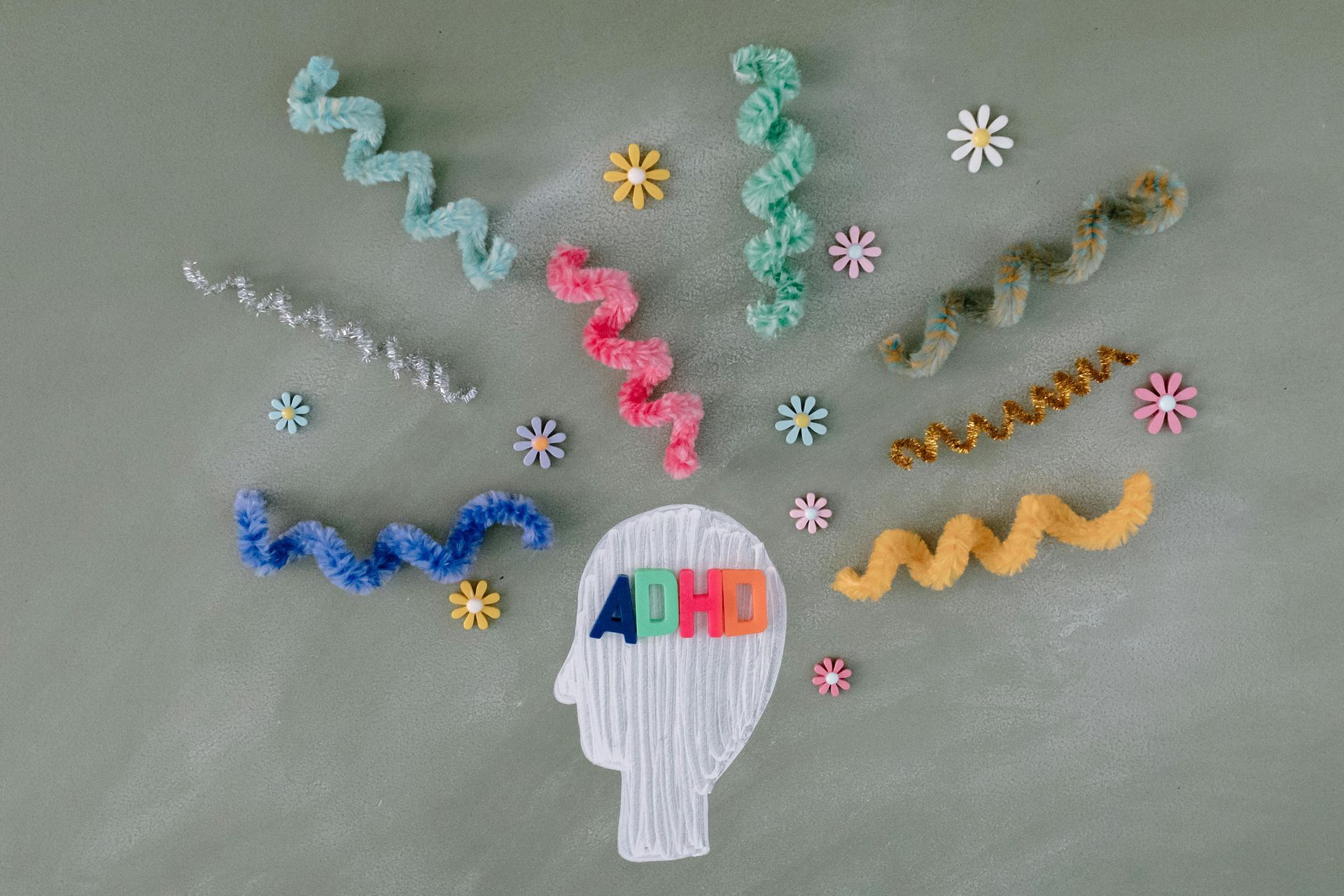The Anxiety of an Existential Crisis Fueled by Political Uncertainty
Navigating the Current Climate
In a world where political decisions ripple out to affect nearly every facet of life, it's no wonder that existential crises are becoming more common. The fear of an uncertain future—of not knowing where society is headed—has become a dominant theme in many people's lives, amplified by ongoing political turbulence. Whether it’s the ever-looming threat of economic collapse, shifting social norms, or the sense that the world is on the brink of irreversible environmental and technological change, political uncertainty plays a crucial role in heightening our collective anxiety. But why does this contribute so heavily to feelings of existential dread, and how can we navigate this emotional terrain in today's climate?
The Roots of Political Uncertainty
Political uncertainty, in many ways, has always been a part of the human experience. However, in the digital age, it has become both more pervasive and more volatile. From contentious elections and governmental gridlock to economic instability and international conflict, it can often feel as though we are living through a constant state of flux, with little to no assurance that things will improve.
Recent events, such as the escalation of political polarization in the U.S., the upheaval in various democracies around the globe, and rising concerns about authoritarian regimes, have all contributed to a sense of unease. The constant bombardment of conflicting information, coupled with the rapid pace of change, leads many of us to question the stability of the systems that have long defined our lives.
But it's not just politics that fuels existential anxiety. Global issues such as climate change, technological disruption (AI, surveillance, and automation), and a widening wealth gap all intersect with political decisions. As politicians debate policies on healthcare, taxes, education, and international relations, it can often feel like our futures are in the hands of leaders whose interests don't always align with the greater good.
Existential Crisis: The Personal Toll
Existential crises are moments when individuals deeply question the meaning of their life, their purpose, and their role in the world. These moments often arise during periods of personal or societal upheaval, and political uncertainty is no exception. As global crises seem to worsen, many feel like they are witnessing the unraveling of the social contract—the system of shared beliefs, institutions, and practices that hold society together. The result is a profound sense of personal insignificance or powerlessness in the face of enormous and seemingly insurmountable challenges.
The existential dread we feel when faced with political uncertainty isn't just abstract or intellectual—it has real emotional consequences. Anxiety levels rise, and the future seems clouded with more questions than answers. People begin to question what their role in society is when everything seems uncertain. Will their future be filled with constant upheaval? Will they be able to retire, start a family, or buy a home if the political landscape continues to shift unpredictably?
This pervasive sense of uncertainty leads many individuals to feel disconnected from themselves and the world around them. It can trigger depression, feelings of hopelessness, or even apathy. For those already grappling with mental health issues or trauma, the political climate can exacerbate these feelings and make it harder to find hope.
Political Uncertainty and Mental Health
The mental health implications of living in a politically charged environment cannot be ignored. As we watch political systems change in real time—often in ways that seem to move further from equity, justice, or fairness—the psychological impact becomes more pronounced. The constant anxiety of not knowing what will happen next, or what a shift in government could mean for our lives, takes its toll.
Moreover, the role of social media in today’s political discourse often amplifies the stress. Platforms that allow people to express their opinions and rally for causes can also create echo chambers of fear and division. It’s easy to become trapped in a cycle of negativity, where every political move seems like another step toward societal collapse. The more we see or hear these narratives, the more we internalize them, feeling helpless in the face of a world that seems beyond our control.
Navigating the Existential Dread
In the midst of this political whirlwind, it’s crucial to recognize that while we may not be able to control the external forces contributing to our anxiety, we do have agency over how we respond to them. Here are a few ways to navigate the existential crisis that political uncertainty can trigger:
- Grounding in Personal Values and Purpose
During times of crisis, returning to your core values can help provide stability. What are the beliefs or principles that guide you, regardless of the state of the world? Whether it's a commitment to social justice, a focus on family, or a personal passion, reconnecting with these values can offer clarity in moments of confusion. - Focus on Community and Collective Action
Feeling as though we are part of something larger than ourselves can be an antidote to existential dread. By building connections with others who share similar values and working together toward change, we regain a sense of agency. Volunteering, organizing, or even having conversations with like-minded individuals can mitigate feelings of powerlessness. - Limit Media Consumption
While it's important to stay informed, constantly checking social media or news sources can contribute to feelings of anxiety. Setting boundaries around media consumption, particularly limiting exposure to sensationalized or divisive content, can help reduce stress and give us space to focus on more productive or calming activities. - Practice Mindfulness and Self-Care
Engaging in mindfulness practices—whether through meditation, yoga, journaling, or nature walks—can help create a sense of calm amidst the chaos. Additionally, practicing self-care through healthy habits like exercise, balanced eating, and rest can support mental health and reduce anxiety. - Seek Professional Help
If the anxiety becomes overwhelming, reaching out to a therapist or counselor can provide valuable support. Mental health professionals can help individuals process their feelings of uncertainty and give them tools to cope with the stress that political turmoil often brings.
The Bigger Picture: Why Political Uncertainty Feels Existential
In a rapidly changing world, it’s easy to see how political uncertainty can trigger a sense of existential crisis. At its heart, political decisions shape the framework within which we live, work, and relate to one another. When those frameworks are in flux, so too is our sense of identity, purpose, and stability. The challenge for each of us is to find ways to cope with the anxiety this creates while remaining connected to the values that give us meaning.
As we move forward through turbulent political waters, it’s important to recognize that our own existential crises—while deeply personal—are not isolated. They are shared experiences that reflect the larger societal challenges we face.
Kindred: A Solution for Navigating Political Anxiety and Existential Dread
In the face of such overwhelming uncertainty, one of the most powerful antidotes to existential crisis is connection. Kindred, a peer social support platform, was created to help individuals—especially those in underserved and marginalized communities—navigate the very challenges that contribute to existential anxiety. By offering a supportive network where individuals can share experiences, find mutual support, and build meaningful relationships, Kindred helps alleviate feelings of isolation and powerlessness.
Kindred’s mission is to foster a sense of belonging and provide tools for individuals to regain agency and hope, even in uncertain times. Through community connection, Kindred offers a space for people to discuss their fears, frustrations, and challenges—whether they are directly related to political unrest or simply the broader struggles of living in today’s world.
As political instability often breeds division, Kindred is committed to combating that with unity. The platform connects individuals with shared values and experiences, regardless of their political beliefs, and encourages open dialogue. Whether you’re struggling with existential questions about the future, seeking support around mental health, or just need to connect with someone who understands what you're going through, Kindred offers a space to be heard, supported, and validated.
Finding Strength in Community
The political landscape may be unpredictable, but community provides a stabilizing force. Through peer support, individuals can find solace and guidance in each other’s experiences. Kindred’s focus on peer social support is designed to break down the walls of isolation that often accompany political uncertainty and existential crises. When we feel connected to others who share our struggles and hopes, we begin to see that we’re not alone in facing the uncertainty of the world.
Kindred also emphasizes inclusivity, particularly for marginalized and underserved communities. In times of political upheaval, it’s often those who are already vulnerable—whether due to race, socioeconomic status, or mental health challenges—who feel the impact the most. Kindred offers a platform where these individuals can find empathy and understanding, helping to build resilience in the face of an unpredictable future.
A Sense of Purpose Amidst Chaos
One of the most profound aspects of Kindred is that it helps individuals reconnect with a sense of purpose and meaning. While the political system may seem chaotic, we still have the power to shape our lives and make a difference, even in small ways. Kindred encourages individuals to share their stories, contribute to their communities, and take part in actions that align with their values. Whether it’s supporting someone through a tough time, advocating for a cause, or simply being present for a friend, these acts of connection give our lives deeper meaning.
In an uncertain world, the relationships we build with others are a source of strength and resilience. Kindred’s mission is to support individuals in their mental health journeys and help them find the hope they need to face the challenges ahead—whether they are political, personal, or existential in nature.
Turning Anxiety into Empowerment
Political uncertainty is a breeding ground for existential anxiety, but it doesn't have to define us. By turning inward and building connections, we can navigate these feelings and find meaning even in the midst of crisis. Kindred provides a vital space for those struggling with anxiety, existential dread, or political uncertainty, offering peer support, empathy, and a sense of belonging in an unpredictable world.
By leaning into community, practicing mindfulness, and finding strength in each other, we can begin to shift our focus from fear and uncertainty to hope and resilience. In a time when everything feels in flux, Kindred helps us reconnect with what matters most—our shared humanity and our collective ability to support each other through the darkest of times.


Career
Open Positions (Coming Soon!)
Media
press@kindpath.health
Support
support@kindpath.health
The Kindred Collective












